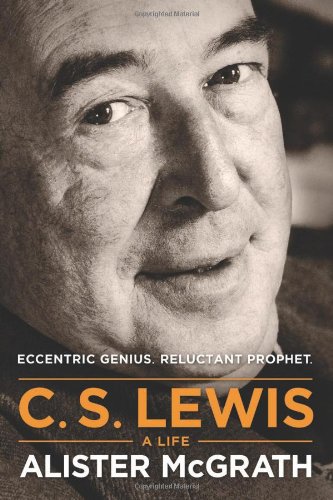Ben: I find it interesting that those who most objected to Lewis’ orthodoxy and orthopraxy, past or present, on this side of the pond, were either real fundamentalists who especially despised his social practices, or those of a hyper-Reformed orientation who found his more gentle Arminian musings beyond the pale. Yet he continues to speak to a huge lay audience over here, especially those not enamored with denominationalism or dogmatic theology. It appears that lay theology tends to have more lasting impact than our scholarly work!! Do you find this a cause for concern or celebration?
Alister: Fundamentalists don’t like Lewis, and envy his popularity. Lay people find in Lewis an accessible, intelligent and engaging account of the Christian faith which many find more interesting and plausible than some of the ideas they get from their preachers. That’s one of the reasons why he is read so widely by younger American Christians. They find that Lewis gives intellectual and imaginative depth to the rather cerebral and rationalist faith some of them get from their pulpits. Lewis also advocates a non-denominational vision of Christianity, which upsets some people, who feel he devalues individual denominations. That’s not really right. In Mere Christianity, he makes it clear that we need to belong to a denomination. The important thing is to see this as one of the rooms leading from the great hall (to use that famous analogy that he offers), not the hall itself. For Lewis, we need to be Christians first and foremost, and then Presbyterians, Methodists, Baptists, or whatever, second. It helps us set things in perspective.













